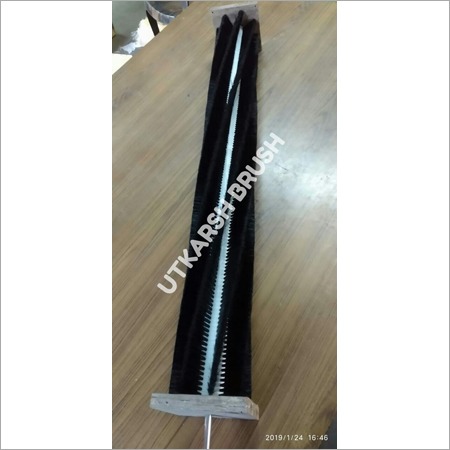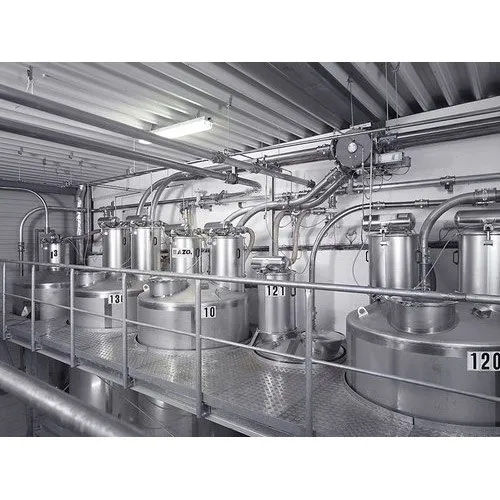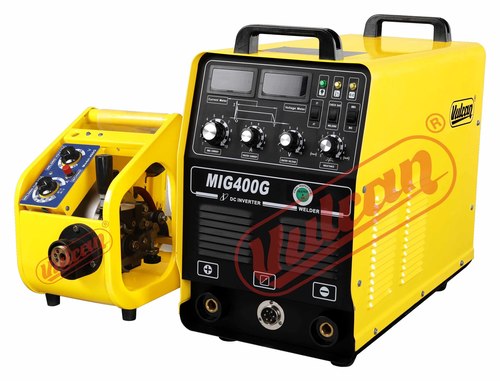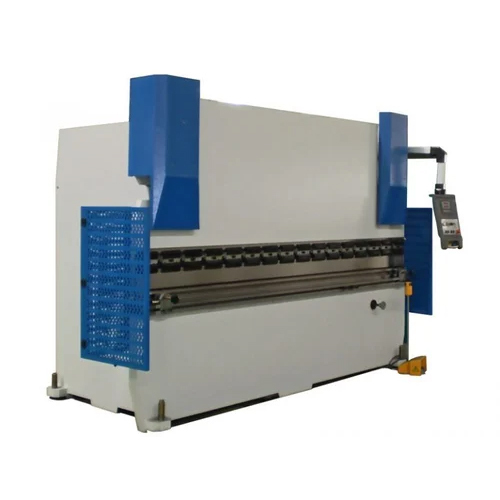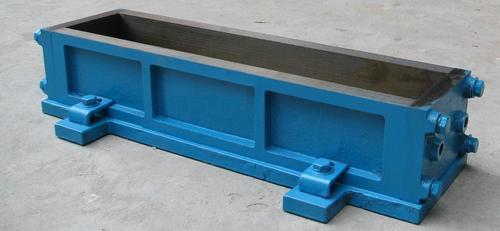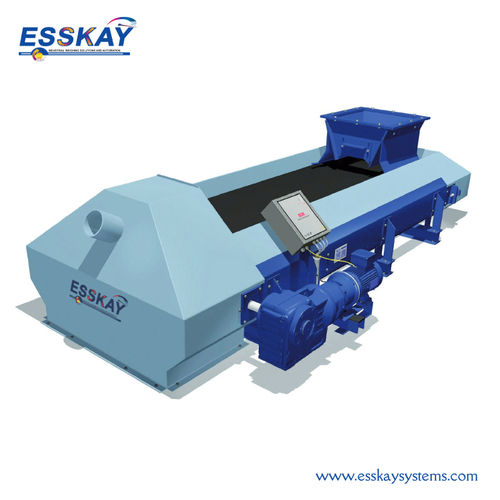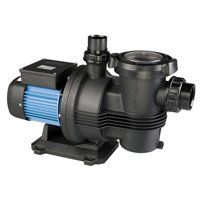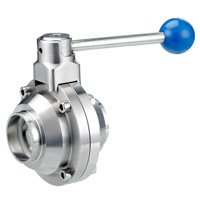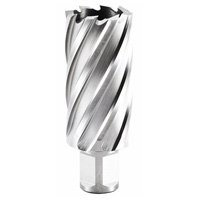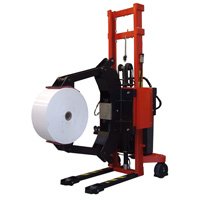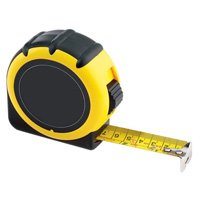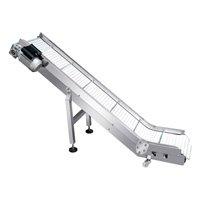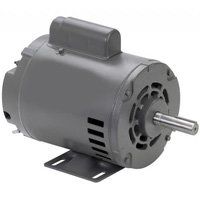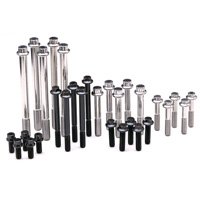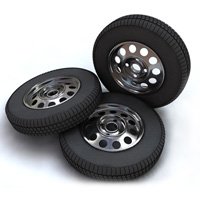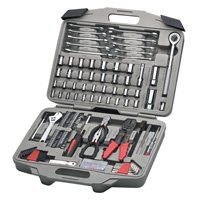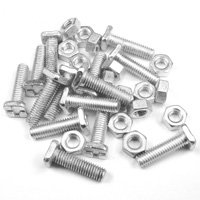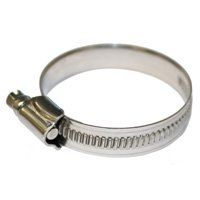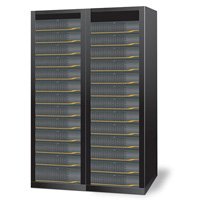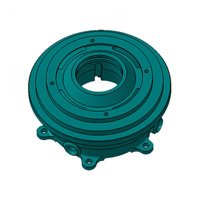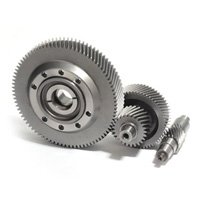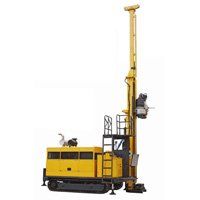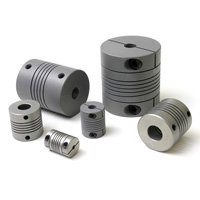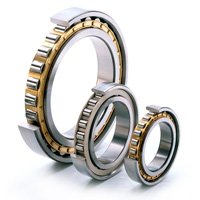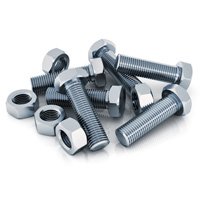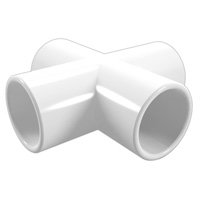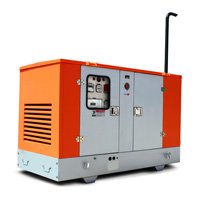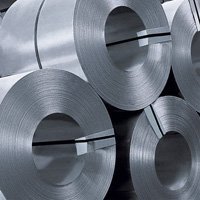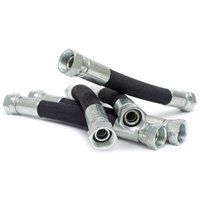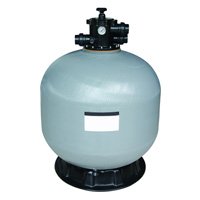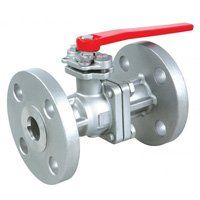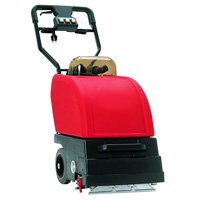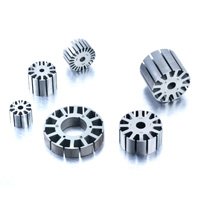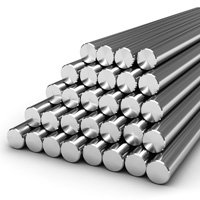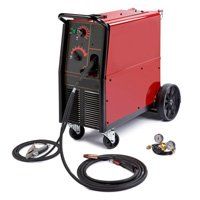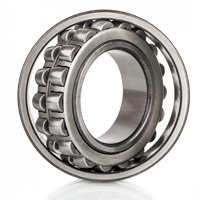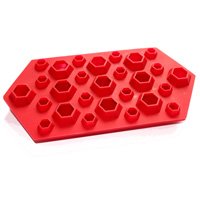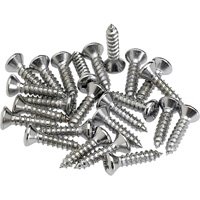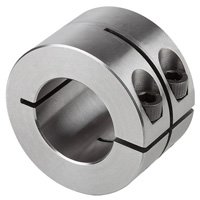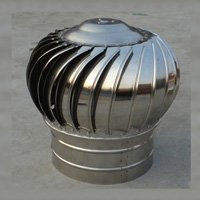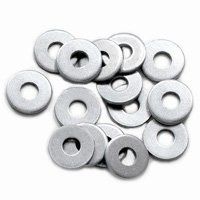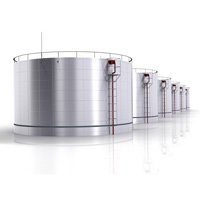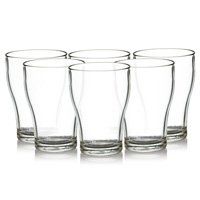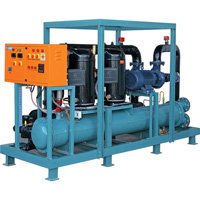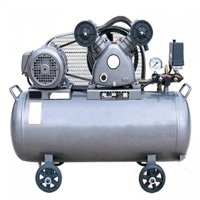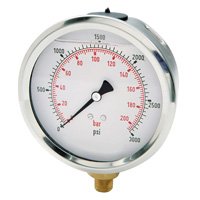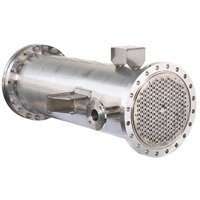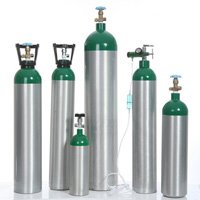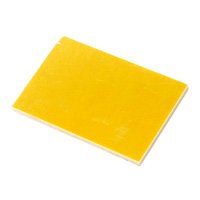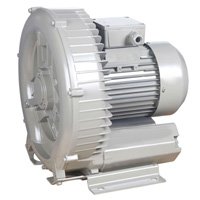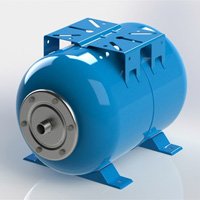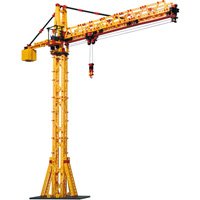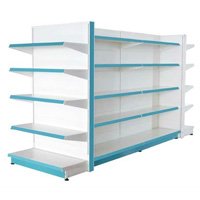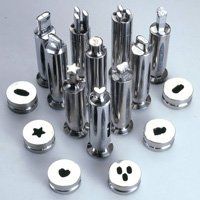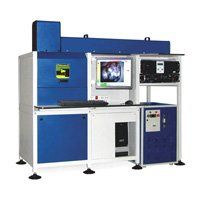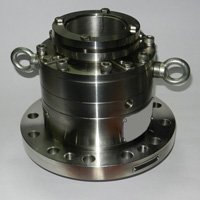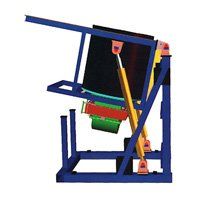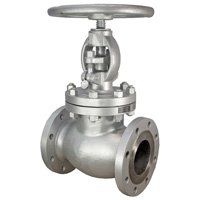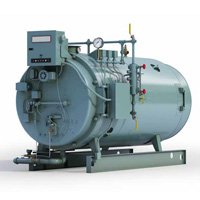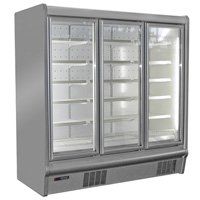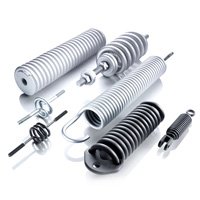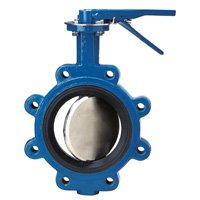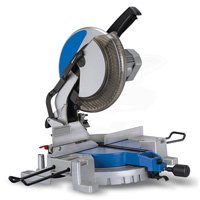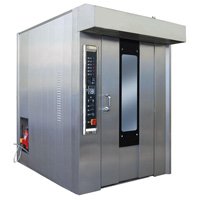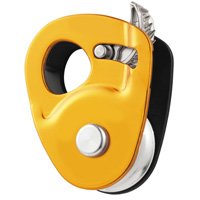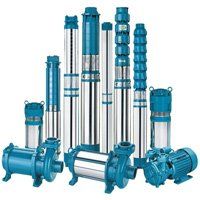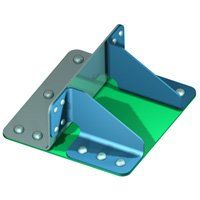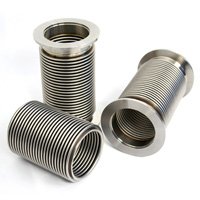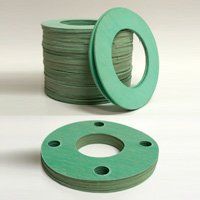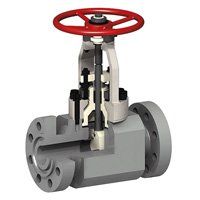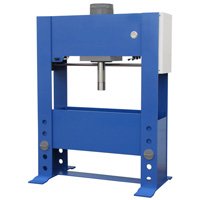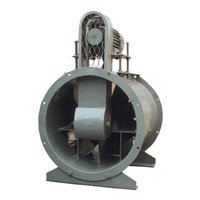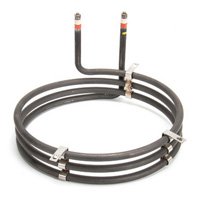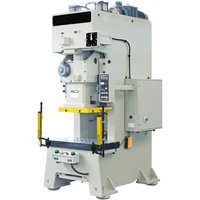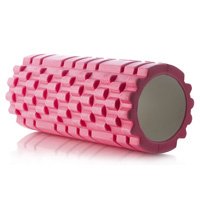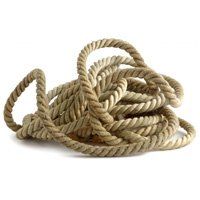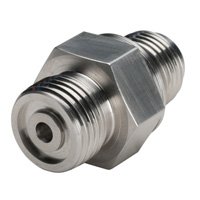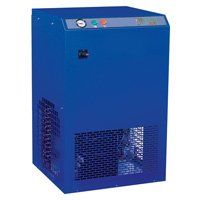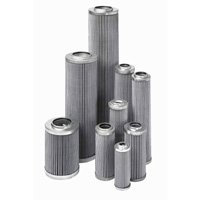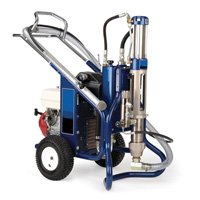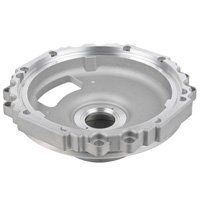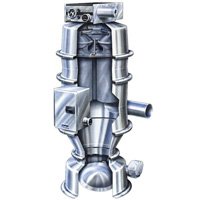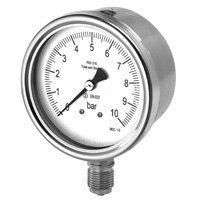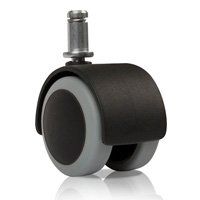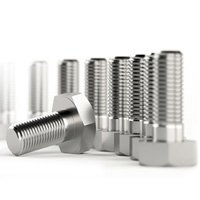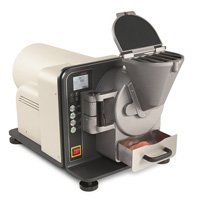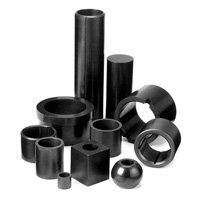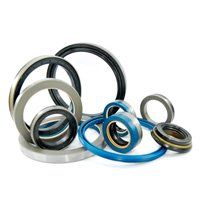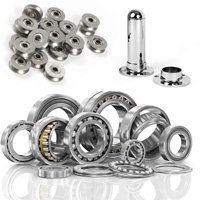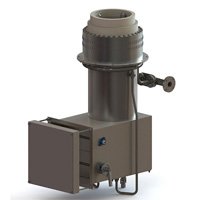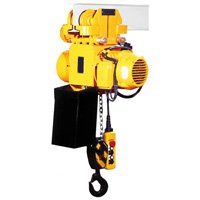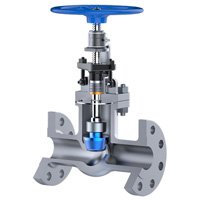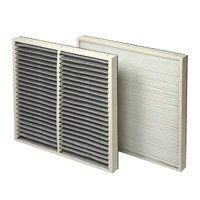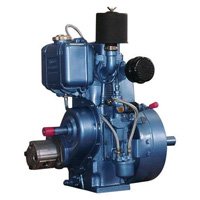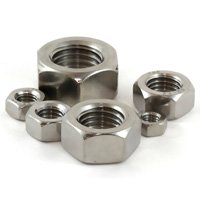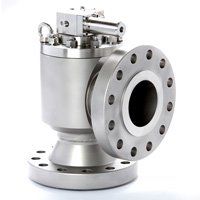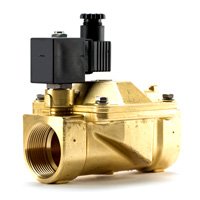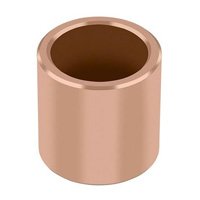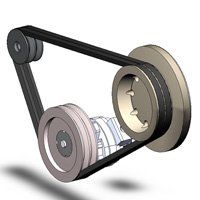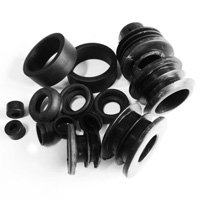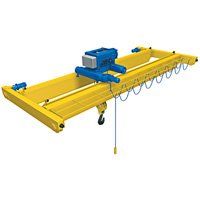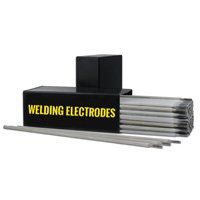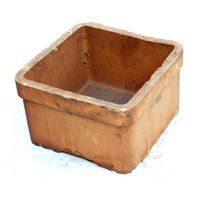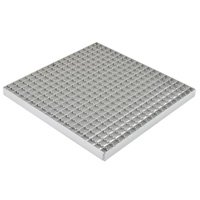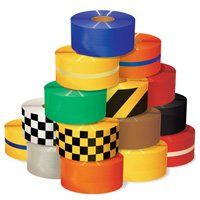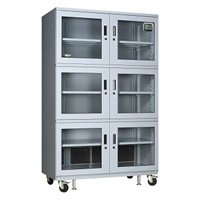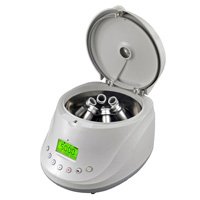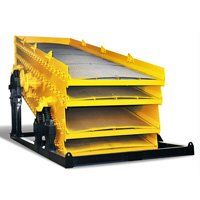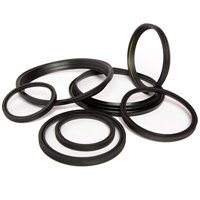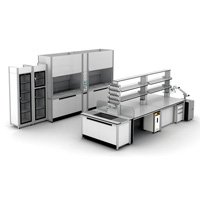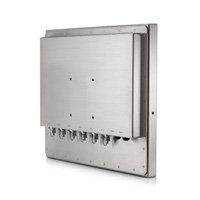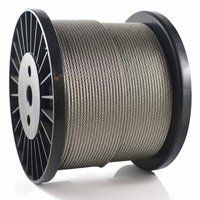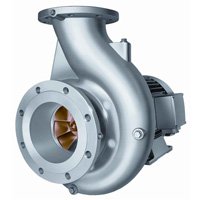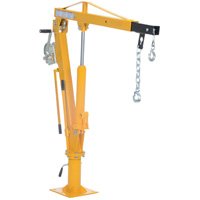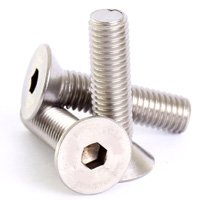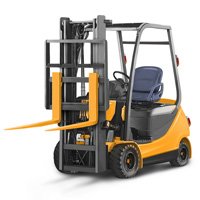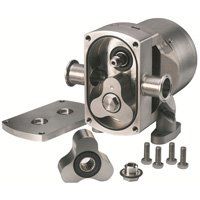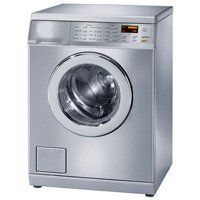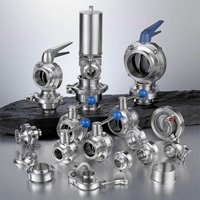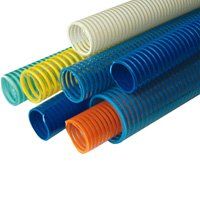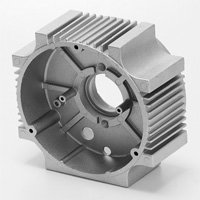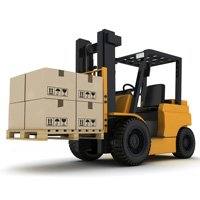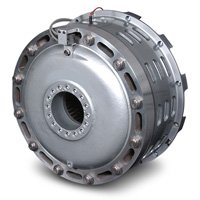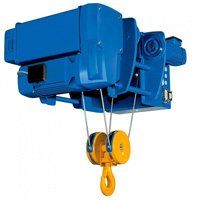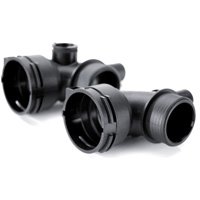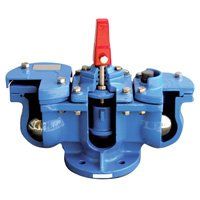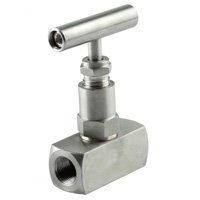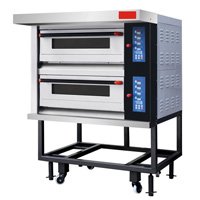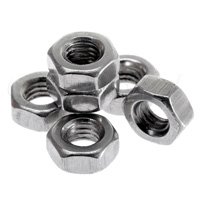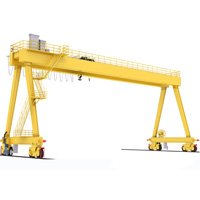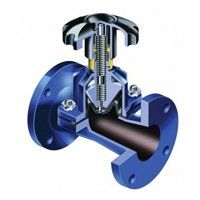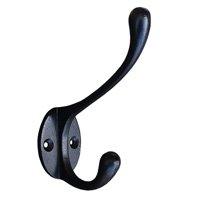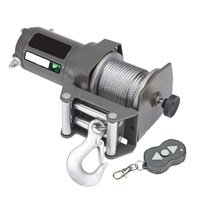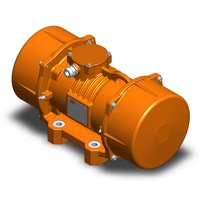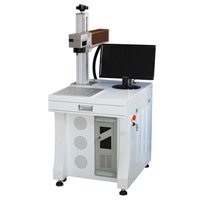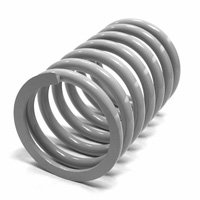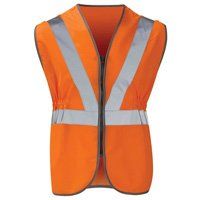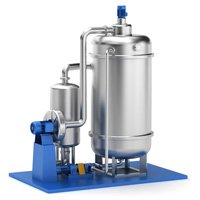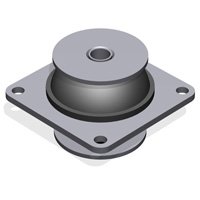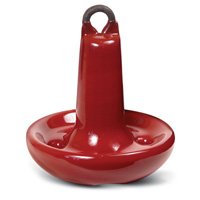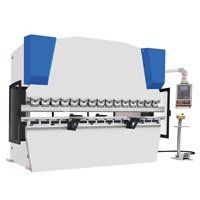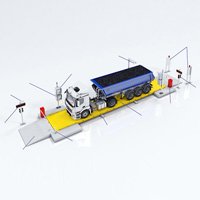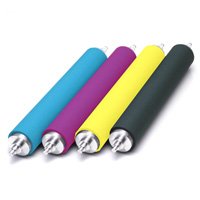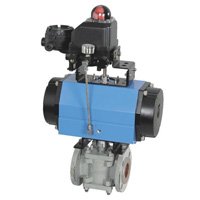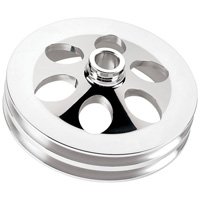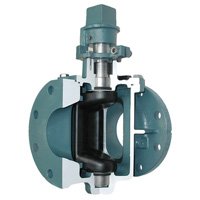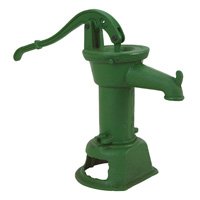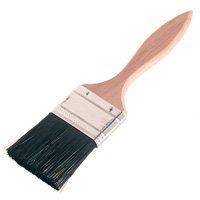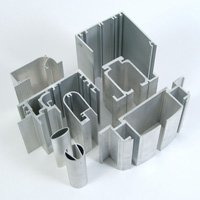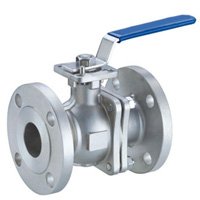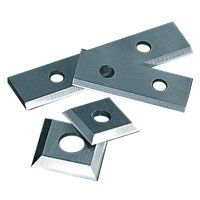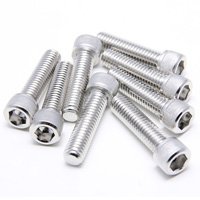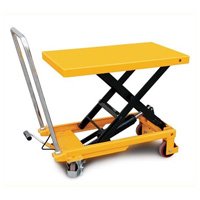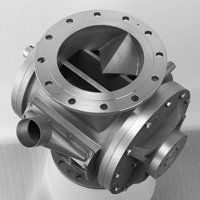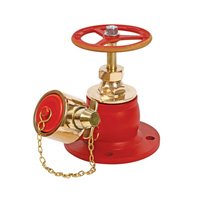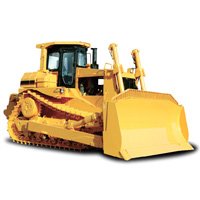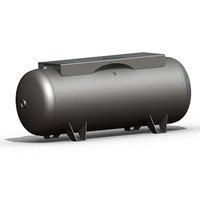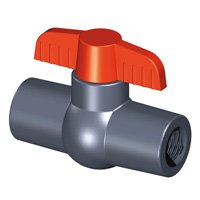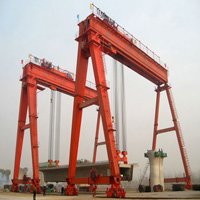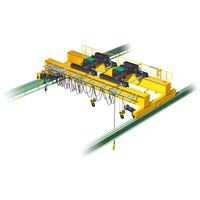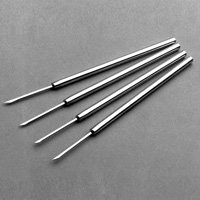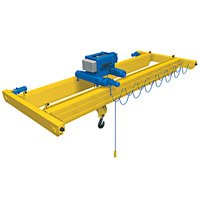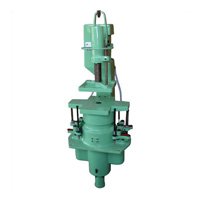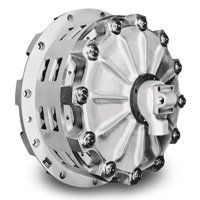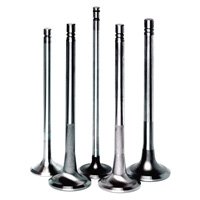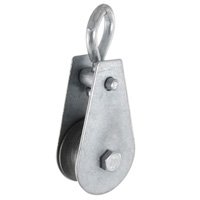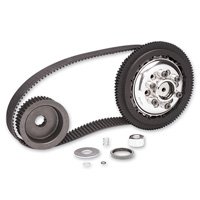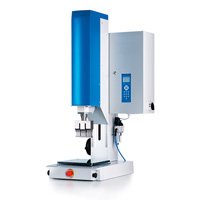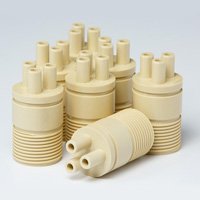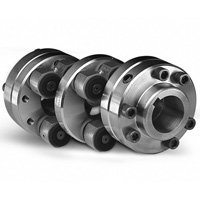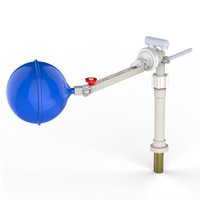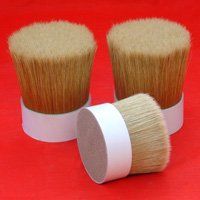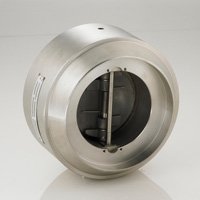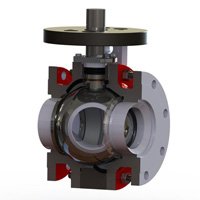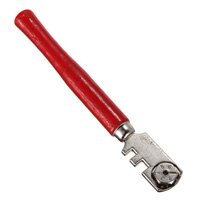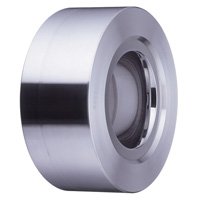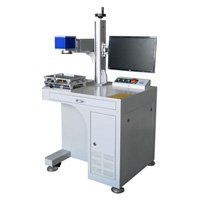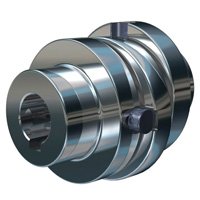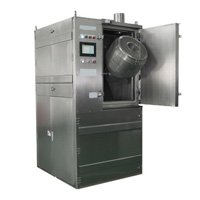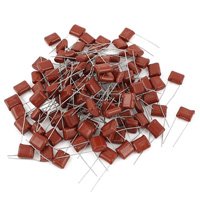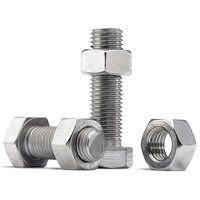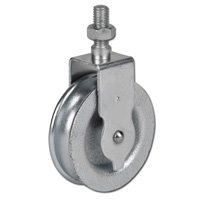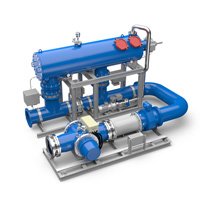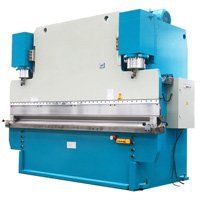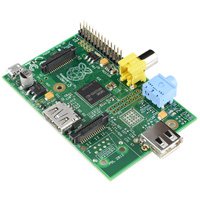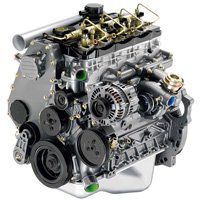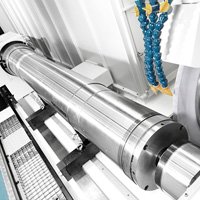Industrial Supplies
Product Showcase
Recently Added Products
An Importance of Industrial Supplies
Introduction
Companies in the industrial supplies distribution industry sell products like electronic and mechanical parts, packaging materials, electrical components, etc., to other businesses in the manufacturing, mining, construction, and utility industries for use in their equipment and machinery maintenance and repair operations (together they are referred as the industrial segment).
As a result, the distribution of industrial supplies is heavily dependent on the industrial sector for both demand and revenue, and the two sectors tend to evolve in tandem. Distributors are crucial to the efficient running of the industrial sector because they assure the timely delivery of high-quality products at affordable pricing.
Types & Examples of Industrial Products
1. Business Services
One of the fastest-growing segments of the manufacturing sector is business services, which is also a key product. Third-party business services are popular currently since most companies do not want to expend the effort required to keep basic operations operating.
-
1. Business Advisory services -A Chartered Accountant is an indispensable asset to any company. A hired accountant or a bookkeeping service can fill this role. The same may be said of the legal, consulting, advertising, and marketing sectors; each operates as a separate agency serving the needs of many industries.
-
2. Maintenance and Repair Services-Products designed for repairs are distinct from repair services. As an example, paint is a repair good, while washing windows or fixing printers and copiers are repair services that are better left to the experts.
2. Operating Supplies
Office supplies, such as paper products and pens, are examples of operational supplies. Since they are so easily accessible in the business world, supplies might be thought of as the convenience goods of the market.
Byproducts are supplementary items that are created or sold in a tangential manner. Things that the business uses up rapidly and cheaply (often within a year). Included here are things like pencils, paper, lubricating oils, a cash register, tape, and repair and maintenance tools.
3. Accessories Equipment
Machines and tools utilized in the manufacturing industry, or by intermediaries in the distribution chain, fall under this category. It's not in the final product, but it helps get the job done or move more stuff. Tools, shelves, and other such items would fall under the category of "accessory equipment," which is distinguished from "major equipment" by its lower price and shorter lifespan.
4. Major Equipment
Products that fall under this category are those utilized in factories for the production, processing, or retail sale of other products. Tools, machines, computers, cars, tractors, engines, and so on fall under this category. These items often cost more than $100 and last for more than a year. Massive machinery is used for more than just making things. It's common in both commercial and industrial settings, such as in warehouses (with forklifts) and stores (with cash registers).
5. Component Parts
In contrast to raw materials, components are often treated before being included in a final product. Unseen components are kept whole and put together to form the whole.
6. Raw Materials
These manufactured items are inputs for other manufacturing processes. The industrial products of the land and sea, as well as the products of the forest and the sea, the ocean, and the farm, and the farm animals, all fall under the category of natural resources. By processing them further, materials and components get integrated into the final product sold to the customer. Material components might be either completely made or comprised of raw resources. Cotton, Jute, coal, fruits, crude petroleum, wheat, iron ore, and natural gas are all examples of raw materials that come from farms and mines. Component matters, like iron, yarn, cement, and cables, and component parts, like tiny motors, tires, and casting, are all examples of manufactured materials and parts. The raw materials used to make the parts are typically refined further.
7. Capital Goods
Producing anything requires the use of capital goods, which are things utilized in the industry specifically for that purpose. Infrastructure and supplementary devices are examples of capital goods. Installations include things like buildings, factories, and machinery. Accessories might range from simple calculators and fax machines to more complex pieces of office machinery.
Trends in the Industrial Products Industry in India
1. Artificial Intelligence
With the need to quickly analyze massive volumes of data and extract useful insights, artificial intelligence (AI) has emerged as one of the most crucial manufacturing product developments. Warehousing cost reduction, supply chain visibility, forecasting accuracy, asset tracking, Inventory management, transportation cost reduction, and quality control are just a few of the ways in which AI aids industrial operations.
2. B2B Shift to B2C
Many companies in the industrial product manufacturing sector have shifted in recent years from a B2B focus to one that targets end users directly. Business-to-consumer (B2C) transactions improve earnings, brand management, pricing, and information gathering. Companies benefit from B2C because it speeds up the product development, testing, and release of new products. But to effectively reach customers, businesses should select an eCommerce platform that caters to both business-to-business and business-to-consumer transactions.
3. Sustainability
Climate change has become a major priority for the industrial product manufacturing sector. Sustainable and environmentally responsible operations management is becoming an accepted practice in the business world. As the price of fuel and raw materials continues to grow, many businesses in the industry are developing environmentally and economically sound strategies.
4. Industry 5.0
Modern machinery and equipment can now be used by manufacturers to even greater effect. We now prioritize Industry 5.0 over 4.0. The 4.0 industrial revolution emphasized the use of technology to enhance production processes, whereas the fifth is centered on the cooperation between humans and machines. We can confidently say that by 2022, Industry 5.0 will be well established.
Industrial Supplies For Material Handling Industries
1. Storage and Handling Equipment
Materials can be stored and handled with the help of storage and handling equipment while they wait to be used in the next phase of production or distribution. The duration of time that a corporation stores its materials using this apparatus depends on its own requirements.
Some storage and handling equipment are:
- 1. Racks
- 2. Mezzanines
- 3. Drawers, Shelves, and Bins
2. Industrial Material Handling Trucks
Industrial trucks encompass a vast variety of machinery that is all used to facilitate the movement of goods. These forklifts are used in the industrial sector, and they can range from being very little and controlled by hand, to rather huge and operated by vehicle.
Some primary types of industrial trucks are:
- 1. Sideloaders
- 2. Order Pickers
- 3. Hand Trucks
- 4 Pallet Trucks
3. Engineered Material Handling Systems
Bulk material handling equipment designed to help transport and store items automatically is referred to as an engineered system. Multiple pieces of machinery are typically found in automated systems.
- 1. Engineered Systems include:
- 2. Automated Storage & Retrieval Systems
- 3. Conveyor Systems
- 4. Robotic Delivery System
4. Bulk handling Material Equipment
The term "bulk handling material handling equipment" refers to machines used to move, store, and regulate large quantities of commodities. Equipment for moving and storing powders, granules, or other similarly loose materials is often designed by manufacturers.
- 1. Reclaimers
- 2. Stackers
- 3. Conveyor belts
- 4. Bucket and Grain elevators
When you have reliable sources for your industrial supplies, you can rest assured that your production will never be interrupted. Profits and productivity will both rise as a result. You won't have much luck finding premium materials without a reliable industrial supply. Having a specialized industrial supplier on your side opens up a lot of doors. That way, you can make an informed decision about how to produce your items.
FAQs: Industrial Supplies
Q. What is Industrial Evaporator?
Ans. . These machines are used to remove excess liquids, such as water or other solvents, from solids.
Q. What are Industrial Products Classified as?
Ans. Here are the classifications of industrial products:
- 1. Capital Goods
- 2. Natural Materials & Parts
- 3. Supplies
- 4. Raw Materials
- 5. Business Services
Q. Which types of Braking System is used in Industries?
Ans. Brake Calipers, AC disc Brakes, AC Drum Brakes, and Emergency Brakes are some Braking systems used in industries.
Q. What is an Industrial Forklift?
Ans. Within the confines of a storage facility, warehouse, or distribution center, a forklift (or fork truck) is a motorized industrial truck in use for lifting and transporting goods on a pallet.
Q. Why are Industrial Valves important?
Ans. By opening and closing multiple channels, it manages the direction and management of a fluid or gas flow. Valves are an essential part of any business that uses pipelines or similar systems.
